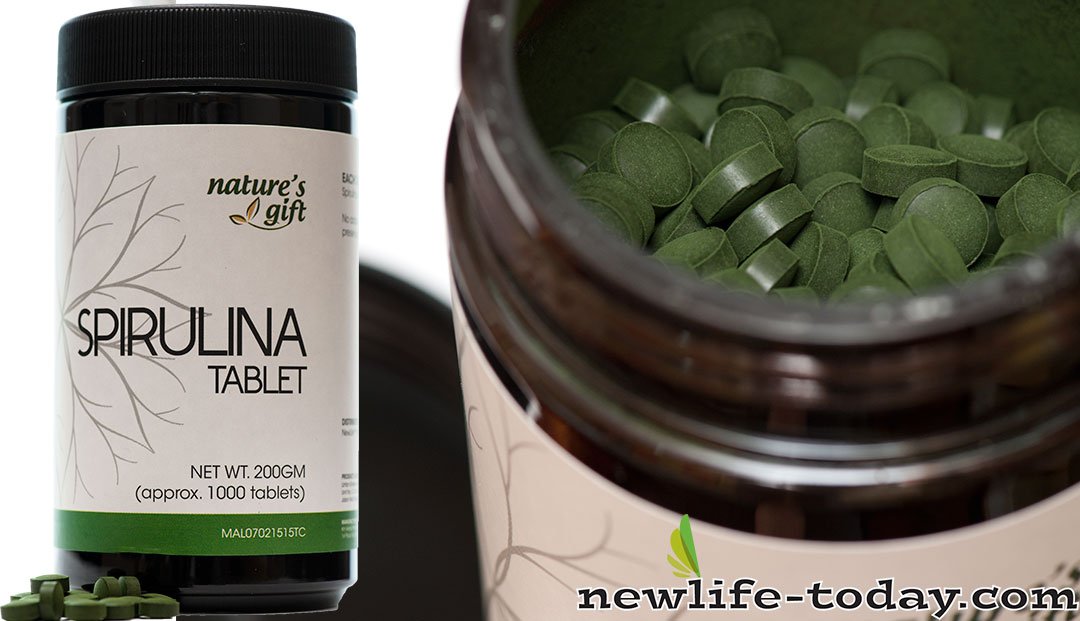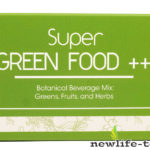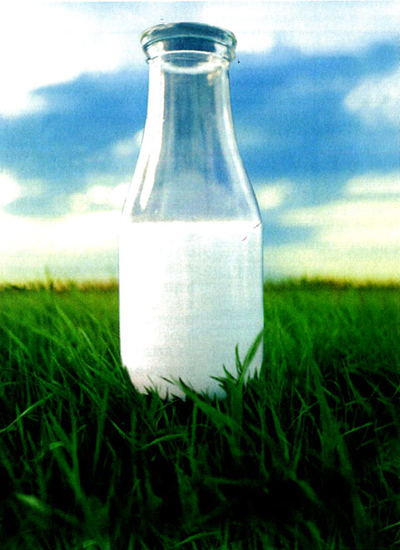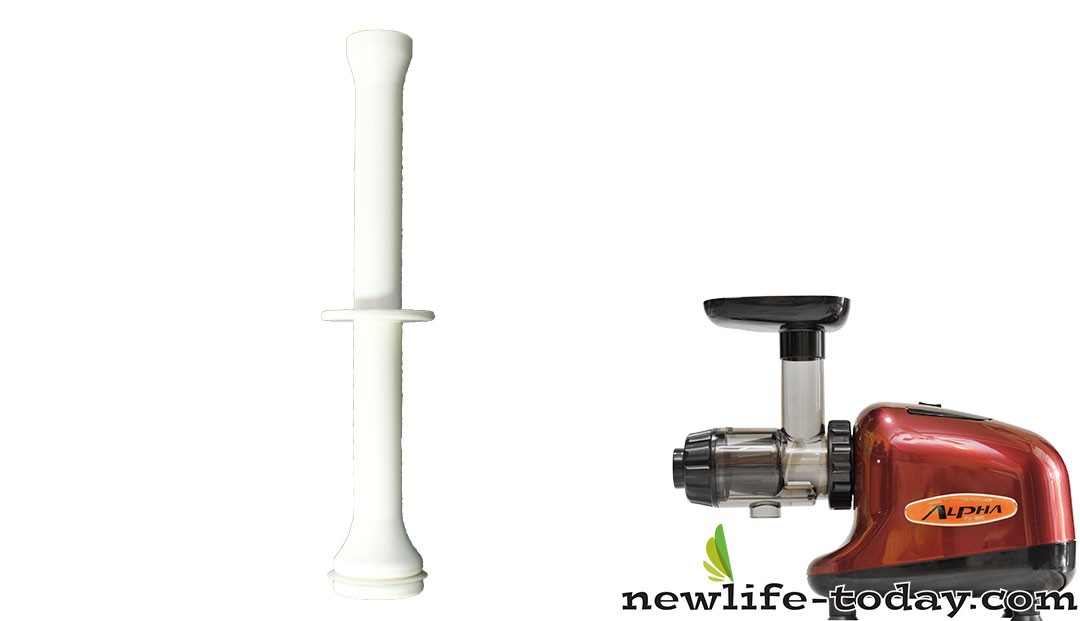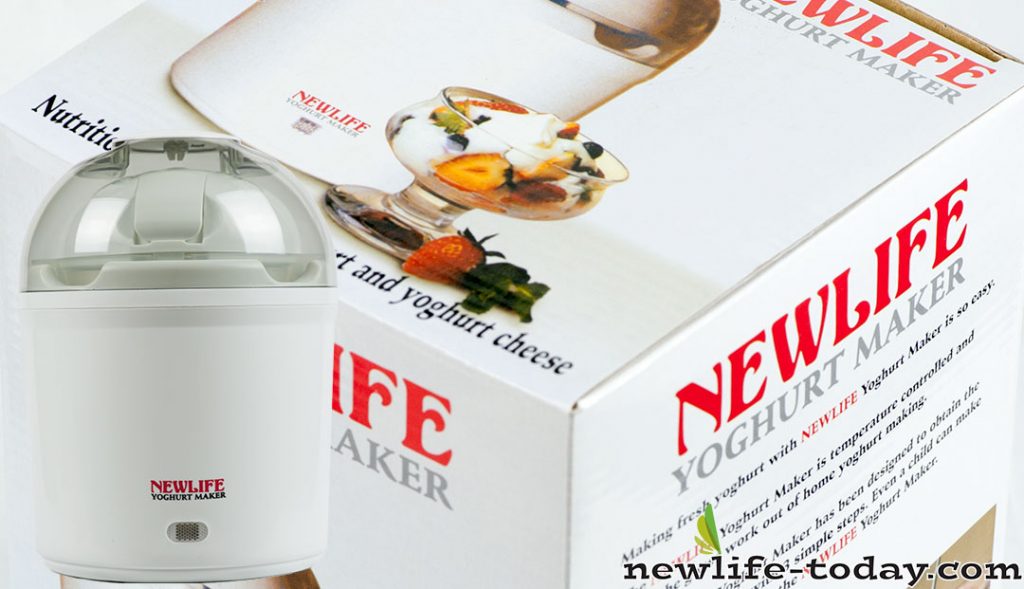
Soy – Food or Fiction?
- Soy is NOT a health food
- Soy is NOT the answer to world hunger
- Soy is NOT a panacea
- Soy has NOT even been proven SAFE
We all want the best for ourselves and our loved ones. But what is best? What is not? People all over the world have believed that soy is good for us. Some even go so far as to call it a miracle food, a cure-all. the healthy alternative to meat, the non-allergenic dairy, the low-cost protein that will feed millions. the infant formula that is better than breast milk and the wonder food of the New Age. But is it really? Have these claims been proven? Are they true?
NOT SAFE
Hundreds of recent epidemiological, clinical and laboratory studies link soy to malnutrition, digestive problems, thyroid dysfunction, cognitive decline, reproductive disorders, immune system breakdown and even heart disease and cancer.
SOY FORMULA
Soy formula for infants was developed in the early 90s and now represents a 25 percent market share in the United States. Is it an ideal replacement for diary-based formulas or breast food? Is it a complete or safe food to feed our young and their ever-growing needs for growth and nourishment?
Soy protein isolate (SPI), the key ingredient in today’s soy infant formula. is the product of high-tech industrial processing involving high temperatures, high pressure, solvent extraction and alkaline baths. These processes compromise protein, vitamin and mineral quality and create toxins and carcinogens. In 1979, the Federation of American Society for Experimental Biology (FASEB) determined that the only safe use for SPI was to strengthen the sealers of cardboard packages. The evaluators determined that the leaching of carcinogen from cardboard boxes into the food stored in those boxes would be too low to pose a health hazard to adults, but warned that infants on soy formula consumed up to 27 grams SPI per day — 80 times the adult average. Soy formula also contains levels of aluminium 10 times greater than the milk-based formula and 100 times greater than breast milk, a fact that can negatively affect bone and nervous system development.
The ingredient lists of most brands of soy formula reveal many additives of questionable safety, such as guar gum, sodium hydroxide (caustic acid) and many others.
Worst of all, soy formulas contain high levels of phytoestrogens (plant estrogens), known as isoflavones.
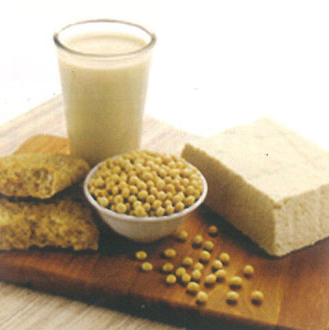
These put the infant s developing endocrine, nervous and immune systems at risk.
Research has also found that soy formula cause growth problems in infants. These growth problems have been traced to the presence of protesase inhibitors in soy formula. These antinutrients block the action of trypsin and other enzymes needed for normal infants to properly digest their meals. Manufacturers are not required to state trypsin inhibitor content on labels or even meet minimal standards. Nor are they required to warn consumers that trypsin inhibitors have been shown to stress the pancreas.
Phytates are antinutrients that bind minerals such as calcium, zinc, iron and copper, causing them to be excreted from the body unused. Because soy protein isolate formulas contain 1.5 percent phytates and up to 30 percent of the total phosphorous in the soybean is bound up in phytic acid, manufacturers of soy formula must provide a total phosphorous and calcium content that is 20 percent higher than cow’s milk-based formula and in the proper ratio. Even so, problems with inadequate or slow bone mineralization remain.
As early as 1967, researchers found that phytates caused zinc deficiency unless the formula contained high levels of supplemental zinc. Even with additional zinc added, high phytate levels in soy formula caused the worsening of symptoms in a child with acrodermatitis enteropathica, a rare disease caused by zinc malabsorption and marked by skin inflammation, hair loss, diarrhoea and failure to thrive. Phytates also negatively affect iron.
In 1980, investigators discovered two other mineral problems connected with soy infant formula: chloride deficiencies and manganese toxicity.
In 1980, 13 infants on soy formula developed hypochloremic alkalosis. The symptoms included lethargy, anorexia, spitting up. diarrhoea, hematuria (blood in the urine) and growth failure. All responded promptly to supplemental salt. The researchers concluded that the chloride content of some infant formulas was insufficient to offset salt losses following mild stress.
The manganese problem does not stem from manufacturing error but from the soybeans themselves. Levels of manganese in soy formula are far higher than those found in either breast or cow’s milk. Per liter, breast milk contains 3 to 10 ug manganese. Cow’s milk formula 30 to 50 ug and soy formula 200 to 300 ug.
Newborns exposed to such high levels of manganese are vulnerable to brain damage associated with learning disabilities, attention deficit and other behavioural problems, as well as having violent tendencies.
Research showing that soy is allergenic dates back at least to the 1930s. Babies who are allergic to cow’s milk are highly likely to be allergic to soy formulas as well. Symptoms run the gamut from rashes to diarrhoea, asthma and anaphylactic shock.
Soy formula also adversely affects the immune system, causing lower immunoglobulin levels and more infections than breast milk or cow’s milk formulas.
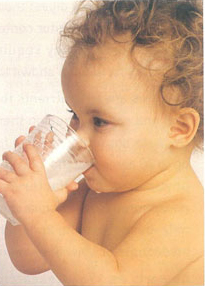
Do not feed your infant soy formula. The risks can be avoided. Research has proven that soy is not what we once believed it was. It is not a miracle food or anything like that. What will the future bring? More false claims for soy protein — and new claims for soy oil — as the healer of everything under the sun.
Will the future bring a genuine, consumer-driven, grassroots movement demanding honesty, integrity, common sense and "real food”? The challenge and choice is ours.
Taken from ‘Ike Whole Soy Stoty, by Kaayla T. Daniel, PhD, CCN.
ISRAELI HEALTH MINISTER ISSUES SOY WARNING
The Israel Health Minister strongly recommends that consumption of soy foods be limited for young children and adults and that soy formula be avoided altogether for infants. Dr. Daniel noted that there are hundreds of studies linking soy foods and soy infant formula to digestive problems, thyroid dysfunction, ADD/ ADHD, dementia, reproductive disorders and even cancer.
The Israeli Ministry takes this matter very seriously and based its advice upon the conclusions reached by a 13-member committee of nutritionists, oncologists, paediatricians and other specialists who spent more than a year examining the evidence.
The committee concluded that the estrogen-like plant hormones in soy can cause adverse effects on the human body, including cancer promotion and reproductive problems. They strongly urge that consumption of soy foods be minimized until absolute safety has been proven.
Taken from No Greater Joy September — October 2005 issue.

